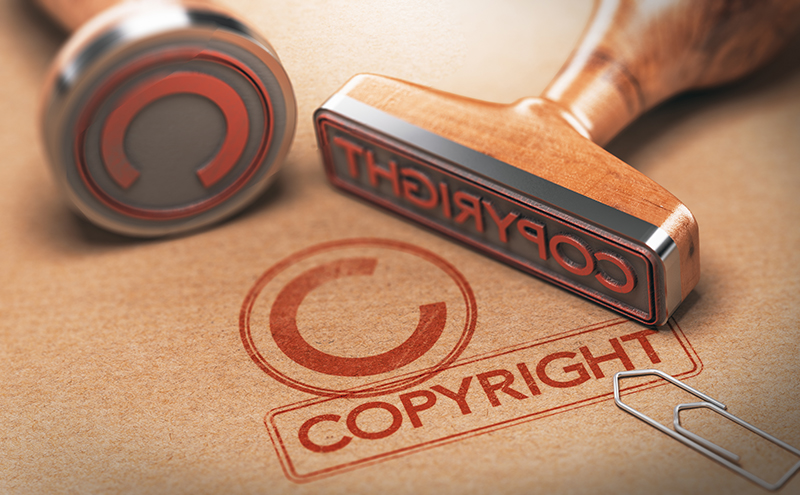Copyrights are a type of intellectual property that protects original works of authorship as soon as an author fixes the work in a tangible form of expression. Meaning, the moment pen is put to paper, a brush to canvas, or a song is recorded, the author automatically receives copyrights in their work. You may be asking yourself, “Then why should I register my work with the U.S. Copyright Office?”. The key reason is to put the public on notice of your rights and properly protect your rights if an infringement occurs. Below are four reasons to register your copyright now.
1. To establish a public record. Registration establishes a record with the Copyright Office. This informs the public of the author’s claim to exclusive rights in a work. An application consists of a completed application form, a nonrefundable fee, and a non-returnable “deposit” (a copy of the work). A copyright application can be filed by the author or an agent on behalf of the author, such as an attorney.
2. Registration is required to begin a copyright infringement lawsuit. In most cases, registration with the U.S. Copyright Office is a precondition to filing a lawsuit for copyright infringement. It is important to note that simply filing an application is inadequate. An author’s application must be filed, and a certificate granted by the Copyright Office. Currently, registration processing times for web applications are roughly 3 months and mail applications are 6 months. However, it can take up to 22 months in some cases. Therefore, it is important for an author to have their work registered beforehand in the event litigation arises in the future. However, if you discover an infringement has been committed against your unregistered copyright it is not too late. “Late” registration (i.e., after the infringement has begun) is still beneficial because once the copyright is registered then the copyright owner may bring suit for infringements both prior to and after registration. In cases of emergency, the Copyright Office does accept expedited reviews of applications for additional fees and a statement the registration is necessary for potential or pending litigation.
3. Presumption of validity of registered works for five years. Registration establishes prima facie evidence of the validity of the copyright and facts stated in the certificate when registration is made before or within five years of publication. To begin an infringement suit, a copyright owner must establish (1) ownership of a valid copyright, and (2) copying of the original elements of the copyright. Thus, the court will presume the author has met the first element of an infringement suit unless proven otherwise. Additionally, this presumption can be useful when seeking immediate remedies such as a TRO (temporary restraining order) or preliminary injunction.
4. Ability to recover statutory damages, attorneys’ fees, and costs for post-registration infringement. A major benefit to early registration of a copyright is it allows the copyright owner to seek statutory damages, attorneys’ fees, and costs for infringement that occurs after the effective date of registration. Under the Copyright Act, an infringer is liable for either (1) actual damages and any additional profits of the infringer, or (2) statutory damages in an amount set by a court between $750 and $30,000 for each of the plaintiff’s copyrighted works infringed. Although statutory damages are capped, they do offer a more concise way to measure damages in comparison to determining actual damages. However, statutory damages (as well as attorneys’ fees and costs of litigation) are available only for infringement that commenced after the effective date of registration. For example, a plaintiff whose copyright was registered on January 1, 2023, could only seek actual damages for infringements before January 1, 2023, but may seek statutory damages for infringement that began after January 1, 2023.
Copyright registration is optional, however, for the reasons above, it is important for a copyright owner to consider registering their works, especially if infringement is a concern. The attorneys at Fargo Patent & Business Law can answer your questions and assist you in properly submitting a copyright application with the U.S. Copyright Office.

